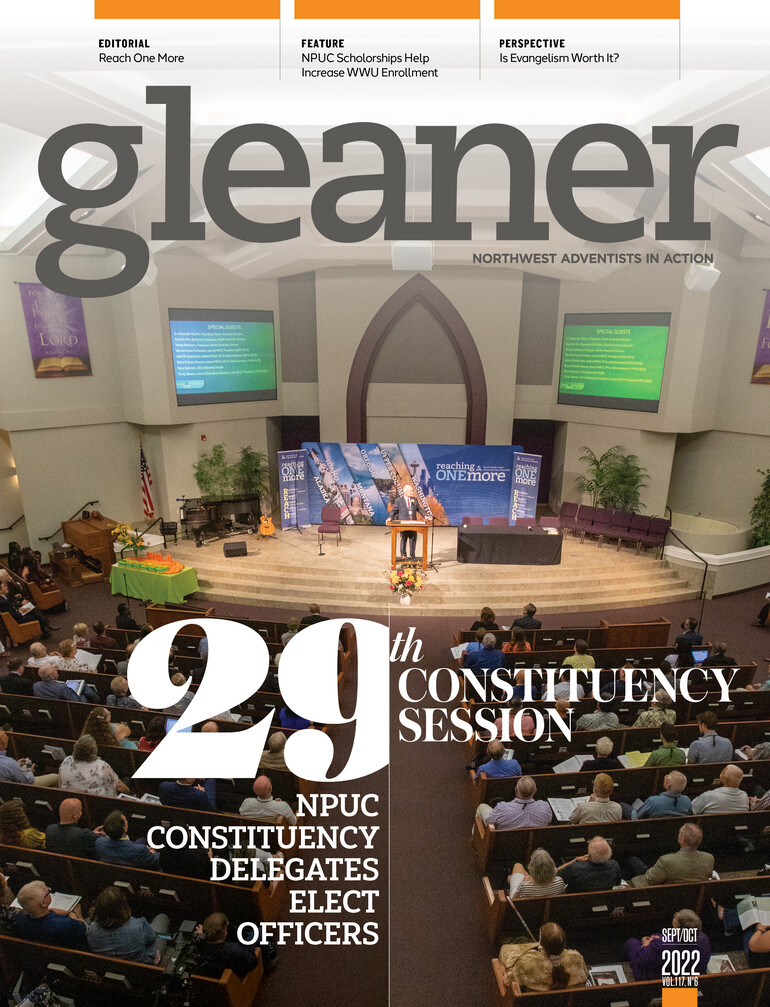“I would rather have questions that can’t be answered than answers that can’t be questioned.” — Richard Feynman
For years I have struggled to make sense of the ethnic cleansing of the Canaanites. It’s one thing if there is a judgment from God by fire or flood, but a judgment via military invasion, where God commands the “chosen ones” to kill women and children, is beyond what I am willing to consider from a “merciful” God.
Of course, if you believe God would command ethnic cleansing (Deut. 7:1–2, Josh. 11:19) why wouldn’t you also believe he would burn the “wicked” forever in hell? Is it honest or ethically responsible to call such things loving or just?
It would be easier to pretend these passages weren’t recorded in the Bible as commands from God. But neglecting to talk about this comes at a cost. History records a litany of crimes that have been committed by bigoted religionists. Believers who read their Bible, went to church and thought they were the righteous ones. This commitment to false "truth" is deadly and deceptive.
In the Desire of Ages, Ellen White explained, “The greatest deception of the human mind in Christ's day was that a mere assent to the truth constitutes righteousness. A jealous regard for what is termed theological truth often accompanies a hatred of genuine truth as made manifest in life. The darkest chapters of history are burdened with the record of crimes committed by bigoted religionists.
The same danger still exists. Many take it for granted that they are Christians, simply because they subscribe to certain theological tenets. But they have not brought the truth into practical life. They have not believed and loved it, therefore they have not received the power and grace that come through sanctification of the truth. Men may profess faith in the truth; but if it does not make them sincere, kind, patient, forbearing, heavenly-minded, it is a curse to its possessors, and through their influence, it is a curse to the world" (Ellen G. White, Desire of Ages, p. 309–310).
Bibliolatry can be a curse to the world. If our theology doesn’t make us more kind, loving and heavenly-minded, it is not Christlike. Genocide doesn’t become a holy act because it occurs in the Bible. The Canaanite children didn’t deserve to be slaughtered. No child deserves to be treated that way. Can you imagine the same Jesus who said, “Let the little children come to me” saying, “But not the Canaanite children! Their parents are so wicked and bad, we should kill them all without mercy.”
I can’t imagine Jesus telling His followers to love everyone except the Canaanites, can you? So what do we do about the commands for the ethnic cleansing that occur in scripture? I have found five helpful principles of interpretation:
1. Principle of a Perfect God
If in defense of the Bible, maybe we should reevaluate the way we have read and elevated the Bible. A perfect God doesn’t change from commanding genocide against our neighbor to suddenly commanding us to love our neighbor. A perfect God doesn’t go from “show no mercy” (Deut. 7:2) to “Blessed are the merciful” (Matt. 5:7). A perfect God doesn’t change. A perfect God must be perfect all the time.
2. Principle of Two Authors
The Bible was not a letter written to us with God’s pen. Ellen White says in Selected Messages, “The Bible was given in the language of men. Everything that is human is imperfect. God, as a writer, is not represented. Men will often say such an expression is not like God. But God has not put Himself in words, in logic, in rhetoric, on trial in the Bible. The writers of the Bible were God's penmen, not His pen” (Ellen G. White, Selected Messages, Vol. 1).
When we encounter any biblical text that appears to be inconsistent with God’s moral perfection, we have the following options. We can either believe the text is in error, or our understanding of the text is in error, or our understanding of moral perfection is in error.
3. Principle of the Canon
Every passage of the Bible should be interpreted considering the entirety of the Bible, and the larger trajectory of scripture.
4. Principle of Jesus
For the Christian, Jesus is the key to unlocking the whole of Scripture. Jesus is the guide for understanding who God is and what Scripture demands of us.
5. Principle of Love
The Bible should never be used to inspire, promote or justify acts of violence. This means, among other things, that the Bible should not be read in ways that oppress or otherwise harm people.
As Randal Rauser says in his book, Jesus Loves Canaanites: Biblical Genocide in the Light of Moral Intuition, “We need to lean into our deepest moral sensibilities. This requires us to distinguish between the ‘textual God’ and the ‘actual God’ by recognizing that many descriptions of God’s being and action within the Bible may not be correct descriptions of who God, in fact, is.”
We search the scriptures because we hope to find meaning in them. We hope to discover God, and in the Bible, we are given language and metaphors to connect with the Almighty. But we need to be wary — we could miss Jesus when worshiping the Bible.
Jesus put it like this, “You search the scriptures because in them you think you have eternal life. But these are the very scriptures that testify of me” (John 5:39).
The Bible is not a static document. The tendency to justify violence — even though the clear trajectory of scripture is a movement towards nonviolence — needs to stop. Not everything that happens under the banner of heaven represents Jesus. I have questions about many Biblical passages. What is clear to me is that Jesus was the embodiment of love. I have found that as I allow my questions to be filtered through the lens of a compassionate Christ, moral clarity becomes more apparent.










